Radioactivity measured automatically in Swiss rivers
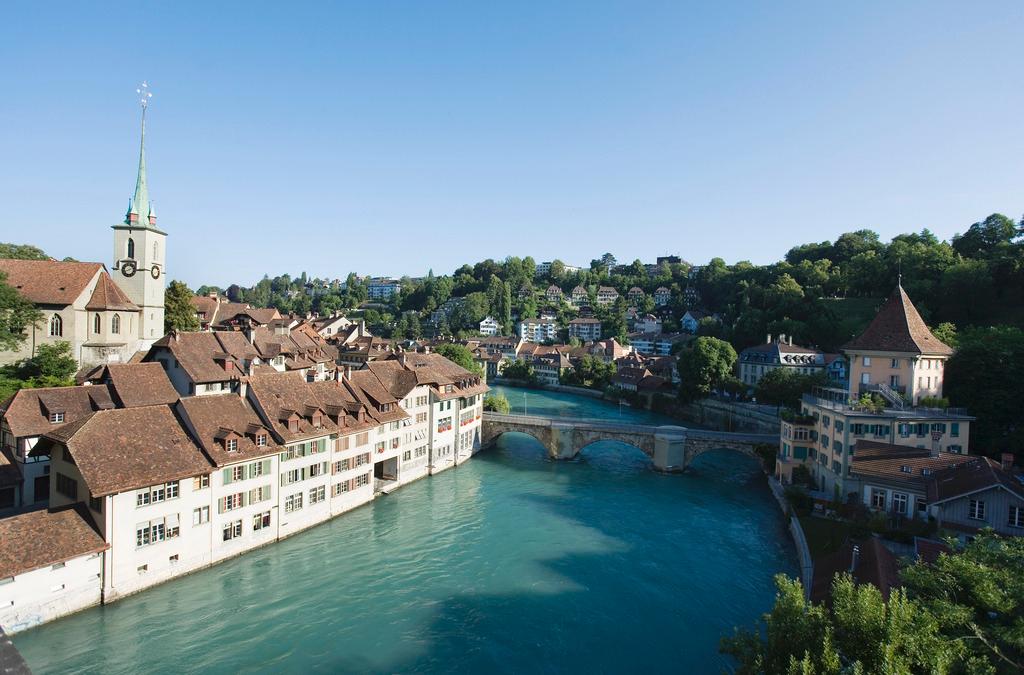
The Swiss government has installed a new measuring system to monitor radioactivity in two Swiss rivers, the Aare and the Rhine. Unusual levels could be noticed within ten minutes and the alarm raised.
The probes are located just downstream from nuclear power stations in the Aare, which passes through the capital Bern, and the Rhine as well as in the city of Basel, the Federal Office of Public Health said on Tuesday. Following a test phase, the measuring system has been active since the beginning of the month.
Drinking water plants in particular must be quickly alerted in the event of high radiation levels, the office said in a statement. In Basel, for example, every drop of drinking water comes from the Rhine.
If the alarm is sounded, the extraction of water from the rivers is stopped. If there is a serious accident in one of Switzerland’s five nuclear power plants and the rivers are polluted, the National Emergency Operations Centre will be alerted directly.
The network is the first automatic system of measuring radioactivity in Swiss rivers. The cabinet gave the scheme the go-ahead in May 2013, two years after the Fukushima nuclear disaster.
The river data and further information on radioactivity levels in Swiss air or land are available at the new internet platformExternal link of the Environmental Radioactivity Group.
Safe or not?
Four of the country’s five reactors are temporarily offline for different reasons. Since August 14 block 2 at the nuclear power plant Beznau in canton Aargau has been offline. It will be out of service for four months while maintenance is carried out.
Block 1 at the plant has been out of service since March due to irregularities in the pressure vessel. Weak spots were found in the 15cm steel covering of the vessel.
Nuclear power plants in Leibstadt and Mühleberg are also currently not producing any energy due to annual maintenance service.
After the Fukushima disaster, the Swiss government decided to decommission all five of Switzerland’s nuclear power plants, starting in 2019 and ending by 2034. However, no exact dates were given for the individual reactors to be shut down.
The government also demanded Axpo, the Beznau plant operator, and other nuclear companies step up their safety margins to make sure they were adequately flood and earthquake-proof.
The Swiss Federal Nuclear Safety Inspectorate (ENSI) said the results of an analysis published in June found that “Swiss nuclear power plants fulfil basic legal requirements and have safety margins”. This included for earthquakes and large floods, which statistically, only happen every 10,000 years, ENSI said.
But Greenpeace and other critics say the results showed that “unacceptable quantities of radioactivity would escape from the reactors if such an accident occurred.”

In compliance with the JTI standards
More: SWI swissinfo.ch certified by the Journalism Trust Initiative
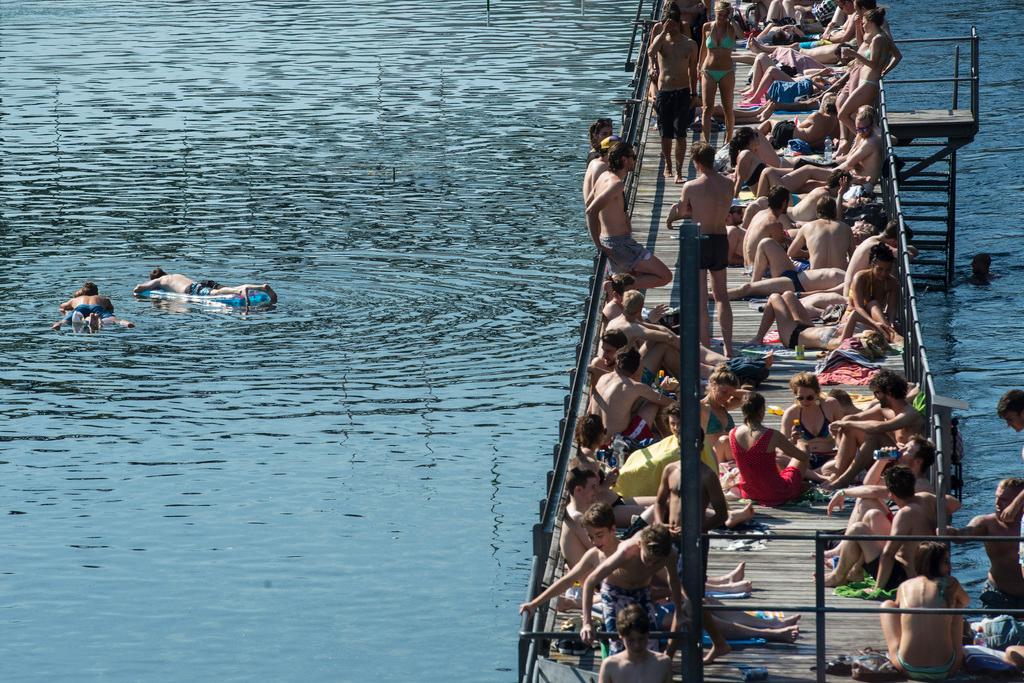
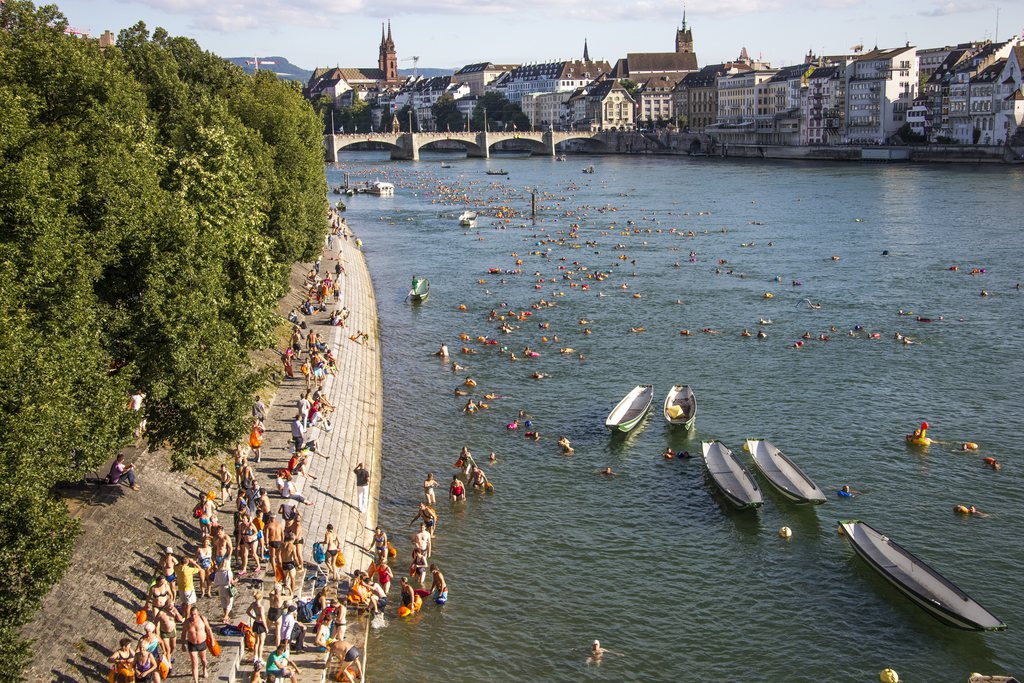
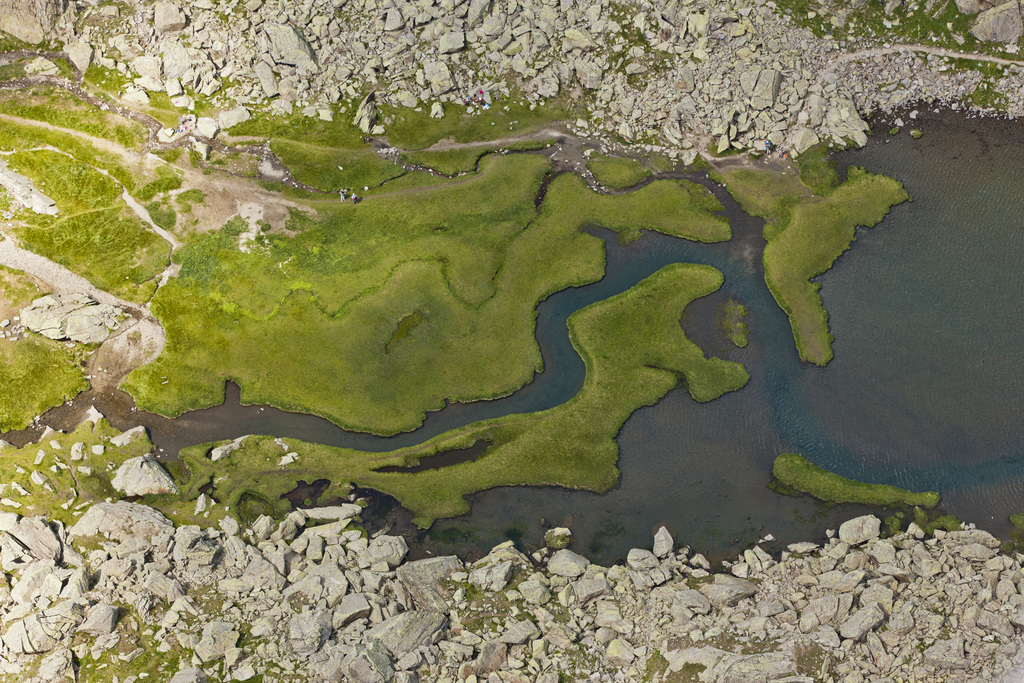
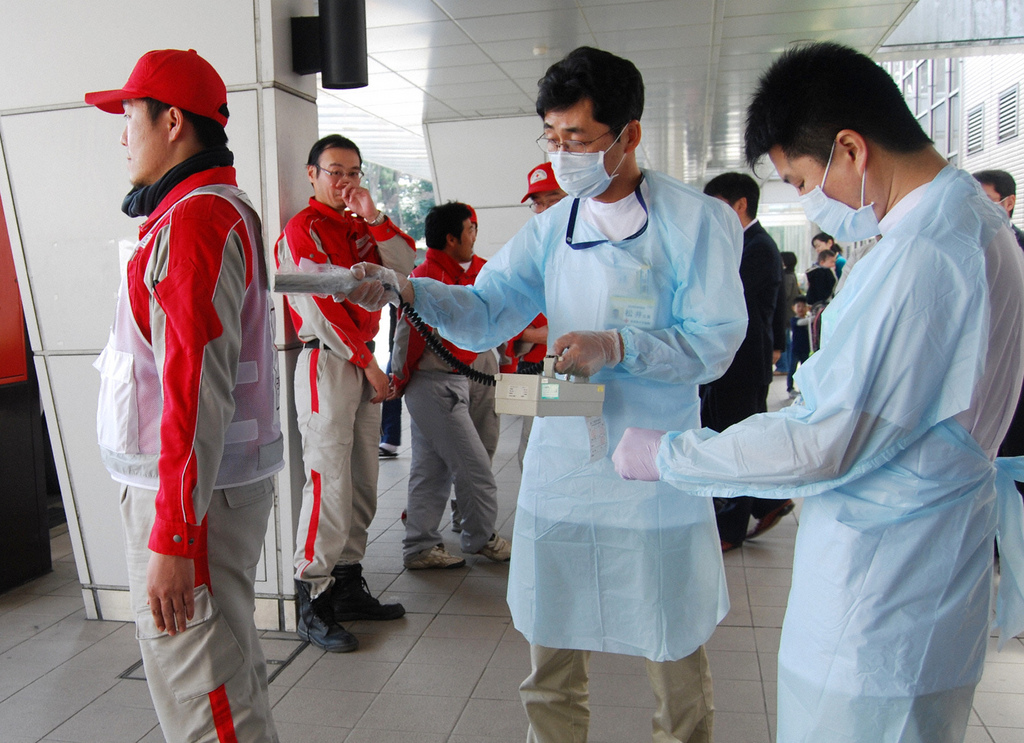
You can find an overview of ongoing debates with our journalists here. Please join us!
If you want to start a conversation about a topic raised in this article or want to report factual errors, email us at english@swissinfo.ch.